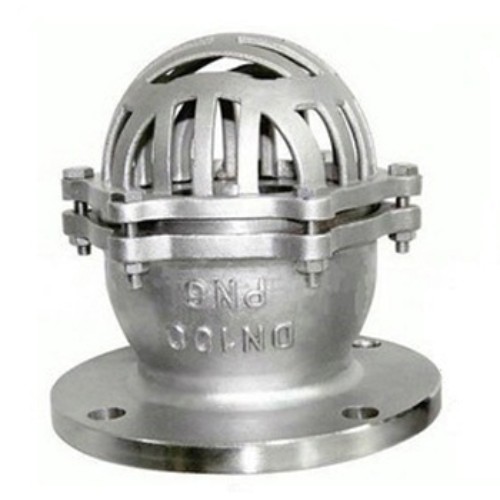ball valve for gasoline
Understanding Ball Valves for Gasoline Applications
Ball valves are essential components in various industries, especially when it comes to handling fluids, such as gasoline. These valves are designed to control the flow of liquids and gases through a pipeline, making them a critical part of fueling systems, storage facilities, and any equipment that involves the transport of hydrocarbons. Understanding the features, benefits, and considerations of ball valves specifically for gasoline is crucial for ensuring safe and efficient operations.
What is a Ball Valve?
A ball valve is a type of quarter-turn valve that uses a hollow, perforated, and pivoting ball to control flow. When the valve is open, the ball's hole is aligned with the flow direction, allowing fluid to pass through. When the valve is closed, the ball turns to block the flow. This design provides a reliable, leak-proof seal, making ball valves particularly suited for applications involving volatile substances like gasoline.
Key Features of Ball Valves for Gasoline
1. Material Composition Ball valves for gasoline are typically constructed from materials that can withstand corrosive effects and high temperatures. Common materials include stainless steel, brass, and PVC. Stainless steel, in particular, resists rust and damage, making it a preferred choice for gasoline applications.
2. Pressure and Temperature Ratings It is essential for ball valves to adhere to specific pressure and temperature standards. Valves must be rated appropriately for the maximum operating conditions they will face. Choosing a valve with the right specifications is critical to prevent leaks or failures that can lead to hazardous situations.
3. Seal Design The sealing mechanism is crucial in preventing leaks. For gasoline applications, soft-sealed options with elastomeric materials (such as PTFE) are often used. These seals provide excellent chemical resistance and ensure a tight closure, which is essential in preventing gasoline leaks.
4. Actuation Options Ball valves can be manually operated or actuated using various mechanisms such as electric, pneumatic, or hydraulic systems. For larger scales or remote operations, automated systems can enhance efficiency and safety by allowing operators to control flow without having to be physically present.
ball valve for gasoline

Benefits of Using Ball Valves for Gasoline
- Efficiency Ball valves allow for rapid opening and closing
. This quarter-turn operation facilitates quick control over the flow of gasoline, which is especially important in emergency situations or rapid refueling.- Low Pressure Drop When fully open, a ball valve offers an unobstructed flow path, resulting in minimal pressure drop across the valve. This feature contributes to improved fuel efficiency in gasoline delivery systems.
- Durability With fewer moving parts, ball valves are generally more durable and require less maintenance compared to other valve types. This durability is paramount in the often harsh environments where gasoline is handled.
Considerations When Selecting Ball Valves
When choosing ball valves for gasoline applications, several factors must be taken into account
- Compatibility Ensure that the valve material is compatible with gasoline to prevent degradation over time. - Size and Flow Requirements The size of the valve should match the pipeline dimensions and intended flow rates to maintain optimal performance.
- Regulatory Standards Compliance with industry standards and regulations (e.g., API, ANSI) is critical for safety and legal operation. Be sure to consult with regulatory bodies to ensure compliance.
In conclusion, ball valves are integral to the efficient and safe handling of gasoline in various settings. By understanding their features, benefits, and the key considerations involved in their selection and maintenance, operators can assure the safety and integrity of gasoline transport and storage systems. Properly chosen and maintained ball valves not only enhance operational efficiency but also play a crucial role in safeguarding against potential environmental hazards associated with gasoline leaks.
-
3-types-of-check-valves-maintenance-tipsNewsAug.23,2025
-
ball-valves-types-with-trunnion-mounted-designNewsAug.23,2025
-
butterfly-valve-company-production-capabilitiesNewsAug.23,2025
-
fisher-globe-valve-technical-specificationsNewsAug.23,2025
-
types-of-gaskets-for-flanges-selection-guideNewsAug.23,2025
-
wedge-gate-valve-suppliers-quality-standardsNewsAug.23,2025
-
Breakthrough in Domestic Low Temperature Valve Technology in ChinaNewsAug.18,2025




